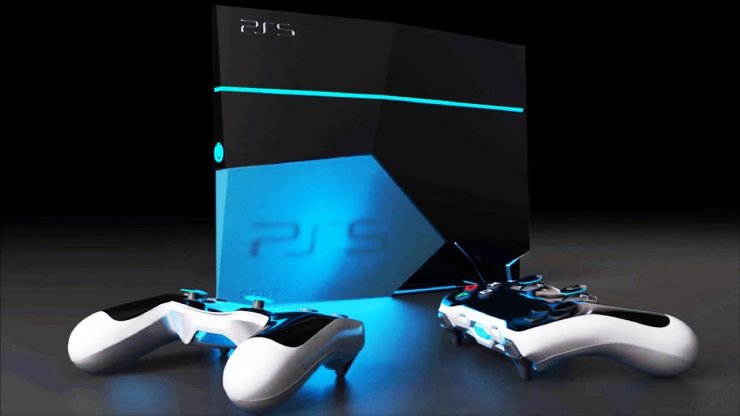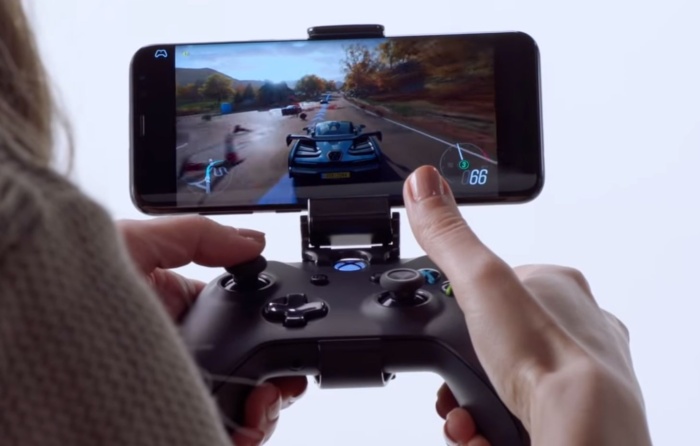The PlayStation 4 is turning 5 years old next month. Now, Sony has confirmed that it is working on the next generation of the console. Sony’s CEO and president Kenichiro Yoshida says in an interview that “it’s necessary to have a next-generation hardware”. He did not, however, make any statement that this next-gen console with be called PlayStation 5. There is no information on when this next console will hit the market either. According to John Kodera, CEO of Sony Interactive Entertainment – Sony’s gaming department, it will be at least 3 years until consumers can get their hands on the next generation of PlayStation.

Kodera says that Sony will take their time to plan their next step carefully. They need “to crouch down so that we can jump higher in the future,” he said. This strategy will likely last until the end of 2020. That means 2021 is the soonest we can expect to see the PlayStation 5 – or whatever Sony will call it.
The fact that Sony will produce a successor to the PS4, though, is nothing surprising. After all, it is one of Sony’s most lucrative hardware products. With more than 81.2 million units sold worldwide so far, the PS4 has already surpassed what the PS3 achieved in its entire life cycle, although not quite comparable to the 155 million of PlayStation 2. On a side note, the PS2 is still the all-time best-selling gaming console at the moment.
Since its launch in November 2013, PS4 has put the gaming department at the top of Sony’s top-performing businesses list. In a year from March 2017 to March 2018, the gaming business brought Sony 1.94 trillion yen ($17.53 billion). This is almost a quarter of the company’s total revenue of $75 billion in that period.
The next PlayStation will reportedly not depart too far from the PS4. Speculation is that it will likely be compatible with games of the current generation.

Many people have observed that the time of traditional consoles is coming to an end. Right now though, Sony seems to disagree. Sony Interactive Entertainment’s previous CEO, Andrew House, believes that the next generation of consoles will probably still operate with physical discs, besides virtual downloads through Steam. House stated that the gaming industry might be turning towards a future where game-streaming reigns supreme, but “the business model has to be thought through.”
House was in charge of the PlayStation department when Sony bought Gaikai – a game-streaming platform – in 2012. Using this as a foundation, Sony released its own game-streaming service, PlayStation Now, in 2014. Using this service, customers can access over 500 PlayStation 2, 3, 4 games on-demand. They can also download PS4 and remastered PS2 games if they wish. Of course, this service is only on PS4 or PC.
While PS4 was the first major console to offer game-streaming, other giants such as Microsoft and Nintendo are now following. Nintendo is experimenting with streaming hardware-demanding games such as Assassin’s Creed: Odyssey or Resident Evil 7 Biohazard on their Nintendo Switch, even though this portable console is not strong enough to run these games on its own. Microsoft has also recently announced a Project xCloud. This project aims at providing access to Xbox One Games on other devices such as smartphones and tablets. Reportedly, the company intends for Project xCloud to be the foundation of a console that focuses on streaming games in the future. Microsoft’s plan is to release this new console at around the same time as the next Xbox.

Google is also developing its own streaming platform called Project Stream. Recently it has established a partnership with Ubisoft to stream the video game company’s latest hit Assasssin’s Creed: Odyssey on Chrome browser.
We can watch movies or listen to music online without having to store them in our own hard drive, so why can't we do the same with gaming? According to Andrew House, technical limits are the only reasons. John Kodera also states that online services will be a crucial part of the next PlayStation generation. “We’re no longer in a time when you can think just about the console or just about the network like they’re two different things”, he said.










Comments